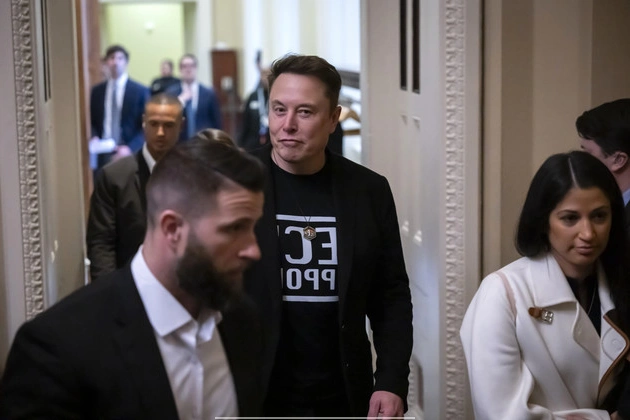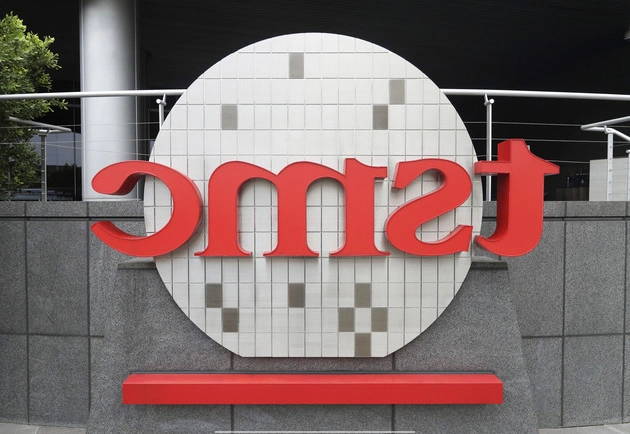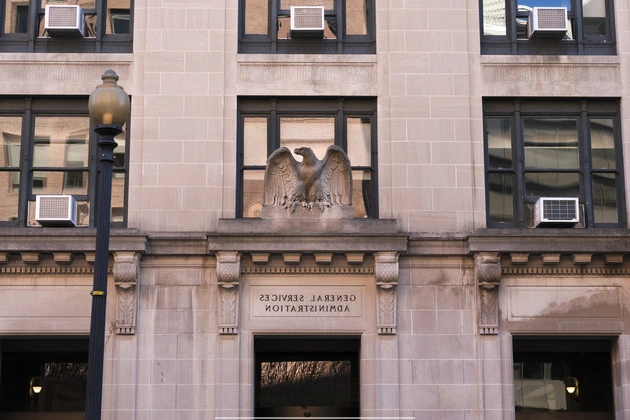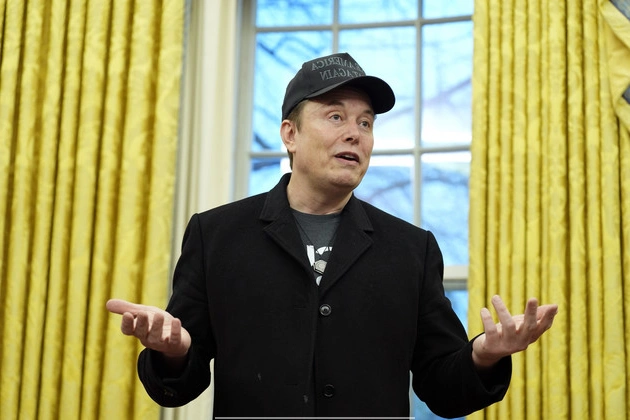
OpenAI, a rapidly growing developer of ChatGPT, is significantly increasing its policy team in Washington, D.C., with a strategic agenda to advocate for a groundbreaking initiative aimed at providing more affordable energy to data centers.
Despite having a Washington policy team of only 12 members, which pales in comparison to tech giants like Amazon and Meta in terms of registered lobbyists, OpenAI’s recent actions indicate a proactive approach to catch up, positioning itself for federal backing.
Following four years of President Joe Biden’s stringent stance on restraining Big Tech expansion and formulating extensive regulations for new AI platforms, the upcoming Trump administration appears to be more receptive to the tech sector. The president-elect has appointed prominent figures from Silicon Valley, such as Elon Musk and David Sacks, to assist in governing, while Republican officials on Capitol Hill express enthusiasm for locating data centers near energy sources to support the industry’s substantial computational requirements.
To capitalize on this shifting landscape, OpenAI is urging policymakers in Washington to recognize the AI sector’s significance in the economic and security competition with China. The company has recruited experienced insiders from diverse political backgrounds in Washington and bolstered its lobbying efforts to encourage Congress and state authorities to endorse an ambitious strategy for developing technology and energy infrastructure for AI advancements.
Chris Lehane, OpenAI’s head of global affairs, emphasized, “You could refer to this as the third phase of the digital economy, depending on how you categorize it. We are at the forefront of a profound technological era that will bring about significant transformations. I believe you will witness us engaging in initiatives that extend well beyond conventional partnerships.”
Lehane, who previously served as a senior aide to both Bill Clinton and Al Gore before transitioning to the tech industry by joining Airbnb, and subsequently becoming a board member of cryptocurrency platform Coinbase, is now driving OpenAI’s agenda after joining the company in August.
In a recent interview, Lehane highlighted the competition with China as a central theme of his communication strategy.
“Ensuring America’s leadership in AI is paramount,” he asserted. “For America to lead in AI, OpenAI needs to be among the pioneering companies engaging with policymakers.”
The strategic hires made by OpenAI in 2024 underscore its effort to navigate across party lines. The company’s congressional team includes individuals like Matt Rimkunas and Meghan Dorn, who previously worked for Sen. Lindsey Graham (R-S.C.). Sasha Baker, a former Defense Department deputy undersecretary under Biden, will lead OpenAI’s national security policy. Moreover, several alumni from the Biden administration’s CHIPS program office, including Morgan Dwyer and Ben Schwartz, are joining OpenAI. The company has also appointed Aaron “Ronnie” Chatterji, who served as the White House CHIPS coordinator and Commerce Department’s chief economist, as its chief economist.
Hogan Lovells and Miller Strategies have recently registered to lobby on behalf of OpenAI, joining firms like DLA Piper and Akin Gump. Despite this, public lobbying disclosures indicate that OpenAI’s lobbying activities are notably smaller compared to other tech giants. For instance, while OpenAI reported having three registered lobbyists in its latest disclosure, companies like Amazon, Meta, Microsoft, and Google listed significantly higher numbers.
OpenAI’s strategic approach signifies a pivot for both the company and the rapidly evolving industry, which has become pivotal in national security, economic competitiveness, and shaping the future workforce.
In 2023, OpenAI CEO Sam Altman made multiple visits to Washington primarily to allay concerns surrounding AI’s potential negative impacts. His message to Congress focused on the company’s willingness to collaborate on regulating the technology to ensure safety and fairness.
However, the discourse on regulation has lost momentum. Several legislative proposals aimed at setting standards for AI technology have stalled, with key Republicans, including President-elect Donald Trump and incoming Senate Commerce Chair Ted Cruz (R-Texas), prioritizing AI advancement over regulatory constraints.
Seizing the opportunity, OpenAI announced its initial commercial partnership with the DOD’s Air Force Research Lab in October. Furthermore, in December, the company revealed a partnership with Anduril to provide AI solutions to the U.S. military.
OpenAI is also advocating an ambitious energy infrastructure plan to senior congressional aides and state leaders, proposing the establishment of “AI economic zones” with streamlined permitting processes for data center construction and a national electrical transmission network to power them.
Lehane noted that other tech firms are supportive of the energy infrastructure initiative. “Numerous hyperscalers are keenly interested in the necessity for infrastructure,” he remarked. “I believe we are not the only ones advocating for this.”
While OpenAI’s aspirations may seem ambitious, they align with a potential new challenge. The company is currently embroiled in a legal battle with Elon Musk’s competing firm, xAI.
Despite the legal confrontation with Musk, Altman has maintained cordial relations with both the SpaceX CEO and Trump since the election. Altman expressed confidence in Musk’s integrity in December, stating that it would be against American principles for Musk to misuse his political influence to hinder competitors. Altman, like Meta, Amazon, and Perplexity, pledged a $1 million donation to Trump’s inauguration fund, citing his belief in Trump’s ability to lead the country into the AI era and his eagerness to support these efforts.
OpenAI’s expansion in Washington coincides with the city’s efforts to support the AI industry’s priorities. The Biden administration is considering last-minute executive actions to stimulate AI data center expansion, a move that has raised concerns among environmental activists and Democratic senators. This initiative is expected to gain momentum under Trump, who has pledged an assertive approach towards achieving energy dominance and prevailing in the AI competition with China.
Furthermore, influential figures from Silicon Valley are advocating for increased U.S. energy production and reduced regulatory constraints.
Klon Kitchen, a senior fellow at the American Enterprise Institute, noted that OpenAI is not alone in recalibrating its focus to emphasize security and competitiveness with China. “Over the past two years, much of the industry has recognized the rapid escalation of AI capabilities and implications, prompting a realignment towards catering to U.S. government needs, particularly in the realm of national security,” he explained. “This shift has been long overdue.”















